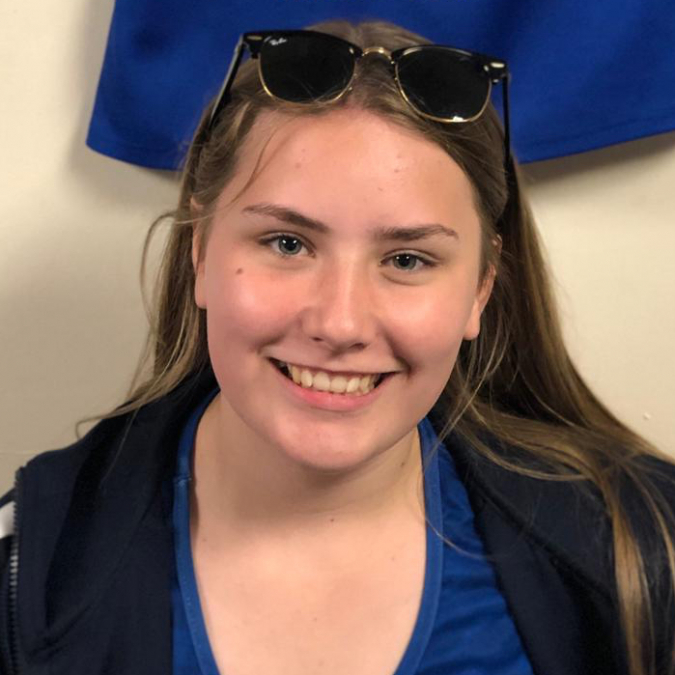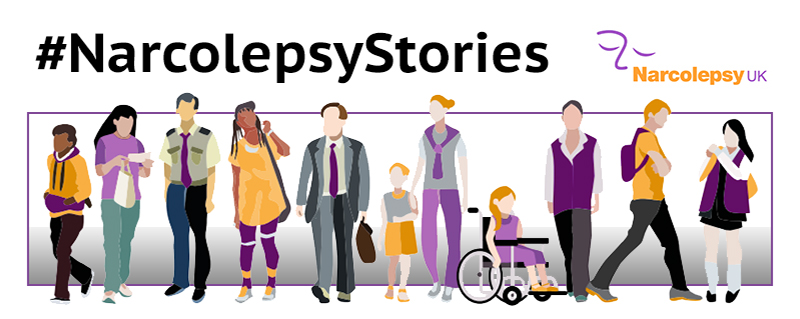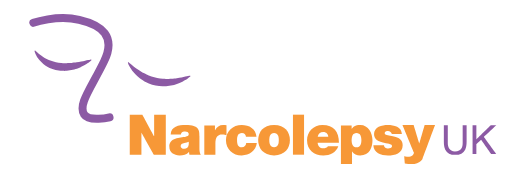22nd September 2020
I was so young when I began to develop narcolepsy and cataplexy – just five – that I don’t remember much apart from the teachers telling me off for sleeping in class. At a meeting about my sleep, a teacher told my mum that I had slept through so much that I would not amount to much academically. I had some friends, but I couldn’t go to their houses as they were scared of having me over. I became a recluse. I cried a lot. I hated my narcolepsy.
I wanted to show the teachers that they were wrong to write me off.
But with the support of all my family, I decided I wasn’t going to let narcolepsy and cataplexy get the better of me. I wanted to show the teachers that they were wrong to write me off. At secondary school, I worked so hard over three years to get into the top sets and I discovered STEM is my passion. In 2016, I designed a headrest for people with narcolepsy, an invention that got me through to the national finals of the TeenTech Awards held at the Royal Society in London. I didn’t win, but I met lots of people who offered to help me take the idea further.

I took the headrest to the Big Bang Fair and was the youngest entrant in my category and eventually, after three days of judging, I was junior runner-up young engineer of the year. As a result, I was chosen to represent the UK in Broadcom MASTERS International in Pittsburgh in the USA. This was amazing as there were 25 other kids from around the world and we took part in science and engineering tasks at different locations around the city. I entered TeenTech again in 2019, this time with a different invention, and won the health category and was overall runner-up. I made a speech about narcolepsy and cataplexy, explaining what it is and how it has helped me with my inventions.
Over the last ten years, Narcolepsy UK has supported me and my family loads, particularly helping my parents to understand narcolepsy and cataplexy and how best to help me. The charity also helped my parents explain about my condition to my secondary school and get support in place before I even arrived. Everybody has the right to have an education and this has been so important in my journey with narcolepsy and cataplexy so far. For sixth form, I have taken up a place at UTC Engineering College in Leeds, where I plan to study engineering and maths. My dream job is to be a medical engineer, so I can help others and continue to come up with inventions to make the lives of people with narcolepsy and cataplexy a little easier.
Of course, not all days are good. There are still times when I am completely out of action and sleep all day. But I have come a long way since I developed narcolepsy more than ten years ago. At first, it felt like the end of the world, but now I am driven by the determination to live my best possible life. It’s hard at times but I will never give up.


This post is part of Narcolepsy UK’s #NarcolepsyStories project, where people with narcolepsy write frankly about what it’s like to live with this debilitating disability.
Narcolepsy is a spectrum disorder that affects everyone differently. However, people with narcolepsy will always find they have a lot in common, sharing their experience of the difficulty in securing a diagnosis, the years it takes to find a suite of medications that helps combat symptoms, the effect that extreme sleepiness can have on education, work and relationships and impact that cataplexy can have on confidence.
It is our hope at Narcolepsy UK that the #NarcolepsyStories project will contribute to our vision as set out in the #NarcolepsyUKCharter to provide the respect, care and support that people living with narcolepsy and their carers deserve.
How can you help?
- Spread the word by sharing these stories on your social media channels, using the hashtag #NarcolepsyStories.
- Put your signature to the #NarcolepsyUKCharter.
- Get involved with #WorldNarcolepsyDay on 22 September.
- Make a donation to Narcolepsy UK.
- Contribute your own story to the project by sending an email to stories@narcolepsy.org.uk.
